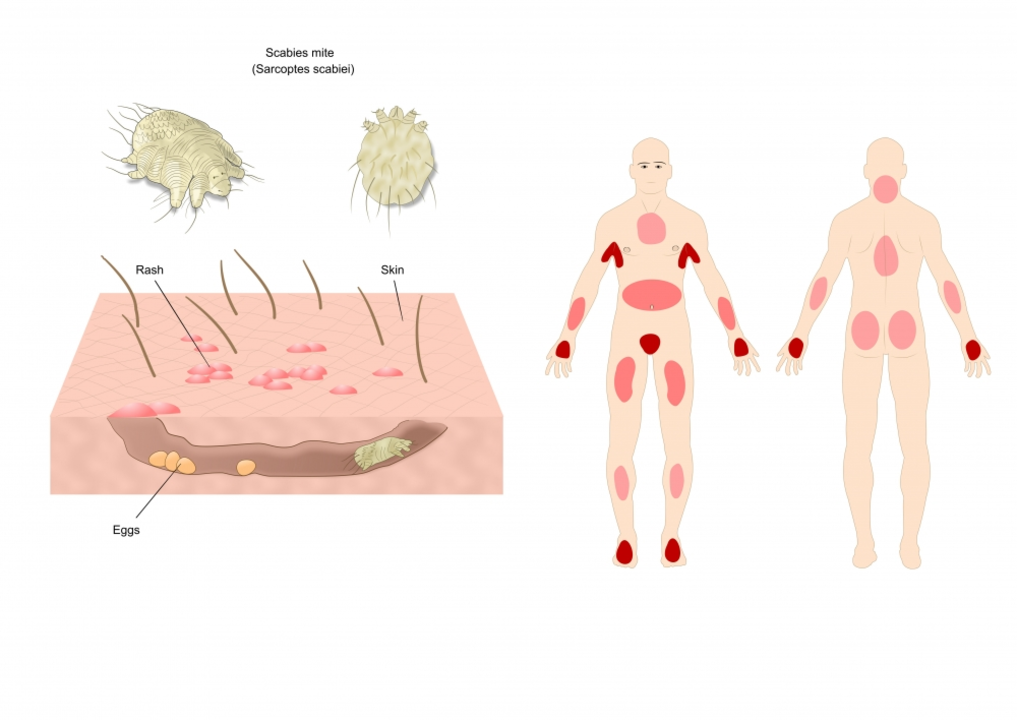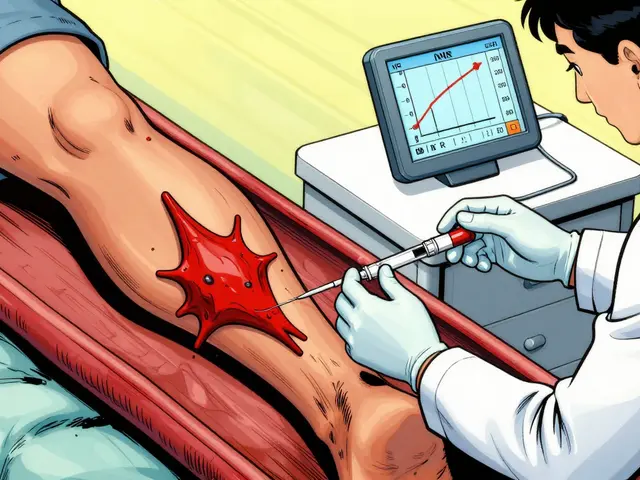Vaccine — clear, practical guides and what to expect
Vaccines protect you and people around you. But getting a shot can raise questions: which vaccine when, what side effects are normal, and how to prepare. This page gives short, useful answers you can use before and after your appointment.
Common vaccines and who gets them
Some vaccines most people know: flu (annual), COVID-19 (primary series and boosters), Tdap (tetanus, diphtheria, pertussis), MMR (measles, mumps, rubella), HPV (prevents certain cancers), and varicella (chickenpox). Kids follow a standardized schedule from infancy through teen years. Adults need boosters and certain shots based on age, job, travel, or health conditions. Pregnant people are usually offered the flu and Tdap during pregnancy to protect both mother and baby. Live vaccines (like MMR or varicella) are generally not given during pregnancy — ask your provider to be sure.
If you have a chronic illness or weakened immune system, your provider may recommend a different plan. Always bring your vaccine card or medical record so the clinic can check what you already had.
What happens at the appointment and quick recovery tips
Arrive with ID and your vaccine card. Clinics often ask about allergies and recent illnesses. After the shot, stay for 15 minutes if you’ve had allergic reactions before — some places require this for the first dose of certain vaccines.
Common short-term reactions are normal: a sore arm, mild fever, tiredness, or headache. You can use a cool cloth, keep the arm moving, and rest. Over-the-counter pain relievers can help if needed, but don’t take strong painkillers before a vaccine unless your doctor tells you to. Avoid heavy exercise the same day if your arm hurts.
Serious allergic reactions are rare. Seek emergency care if you get hives, swelling of the face or throat, difficulty breathing, or dizziness soon after a shot.
Storage and authenticity matter. Get vaccines from a licensed clinic, pharmacy, or public health program. Avoid offers from unverified online sellers — real vaccines need cold storage and proper handling.
Got questions about timing, pregnancy, or mixing vaccine types? Ask your doctor or pharmacist. They can check your health history and give a plan that fits you. Want easy reads on related topics like vaccine safety, boosters, or travel shots? Browse our articles and guides for no-nonsense answers and practical tips.






